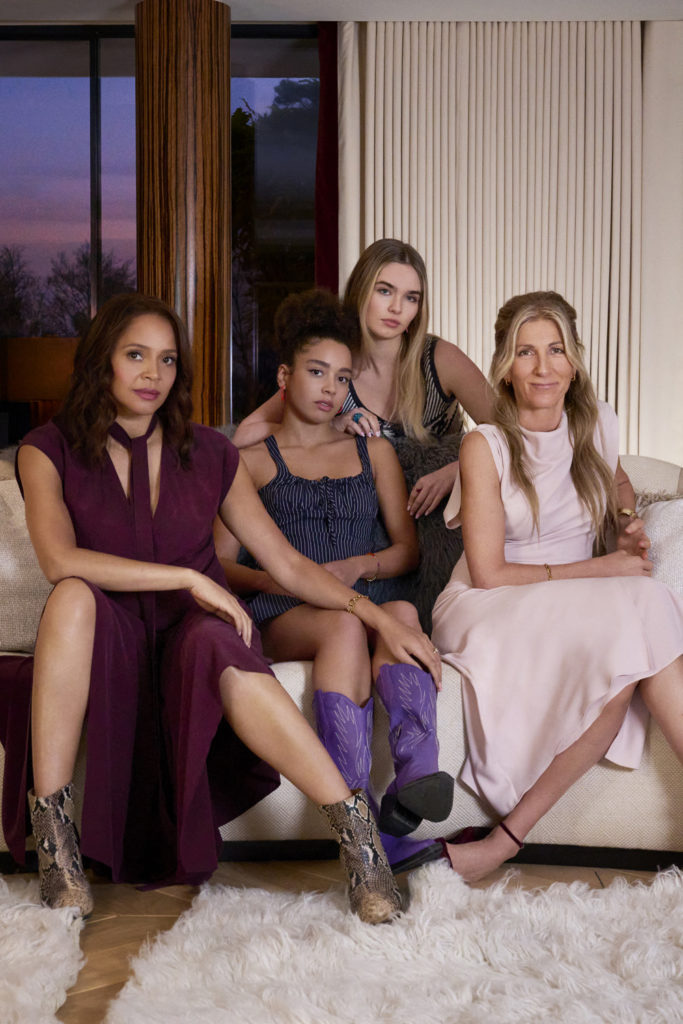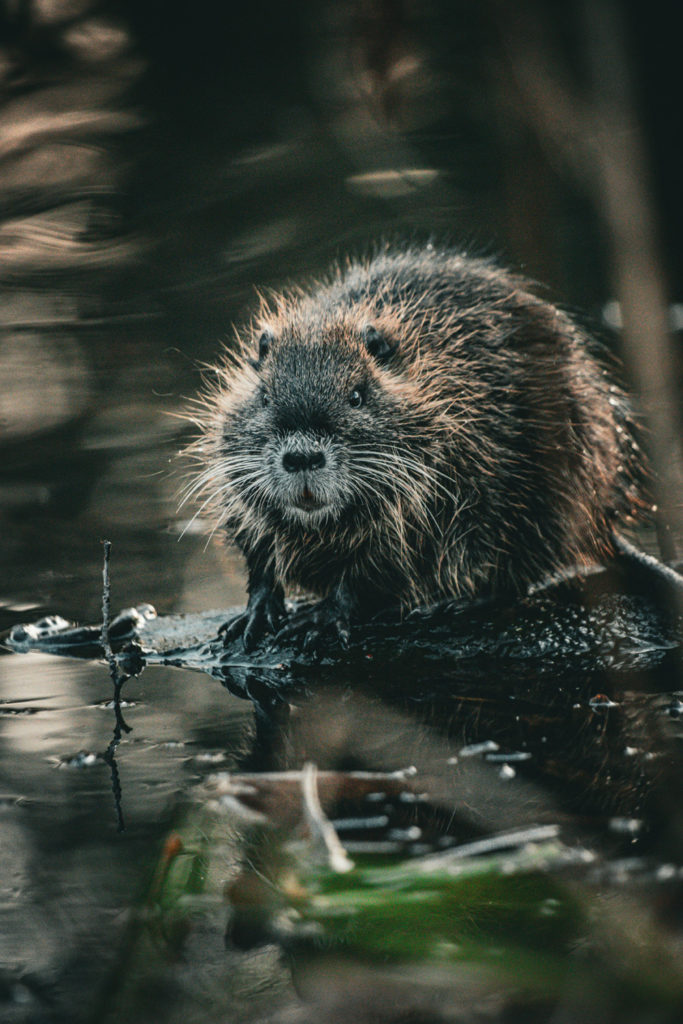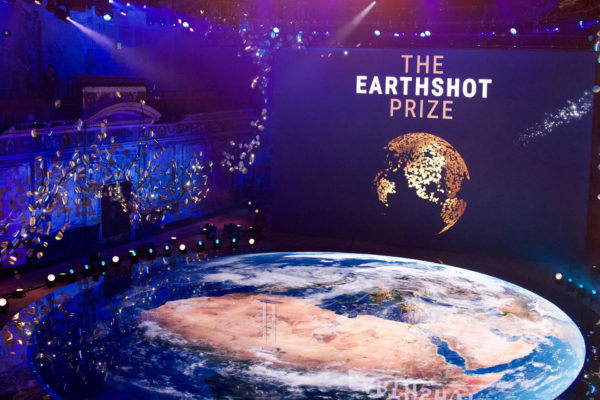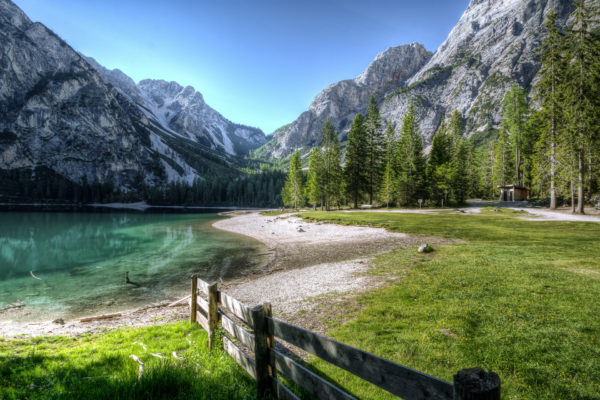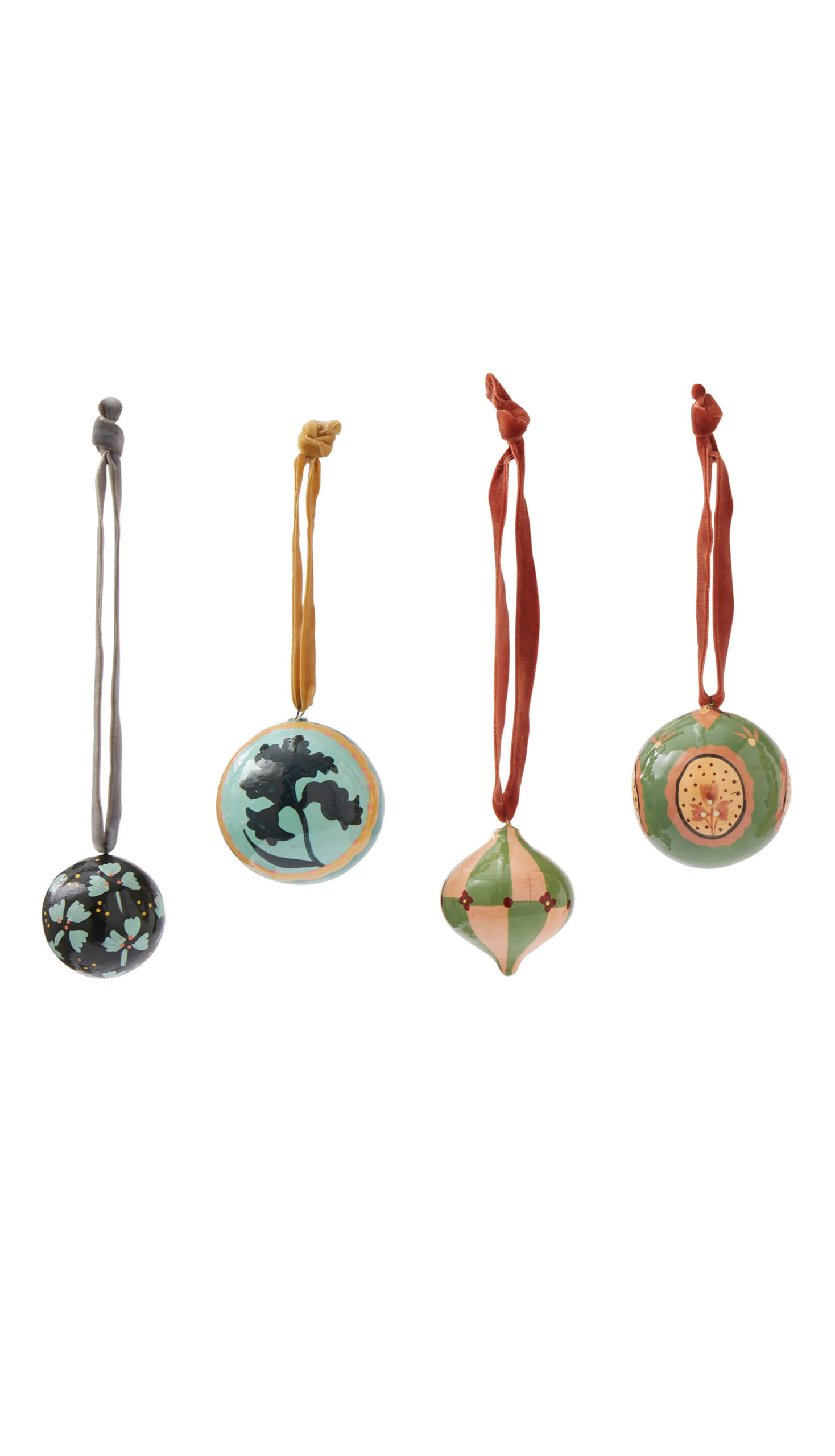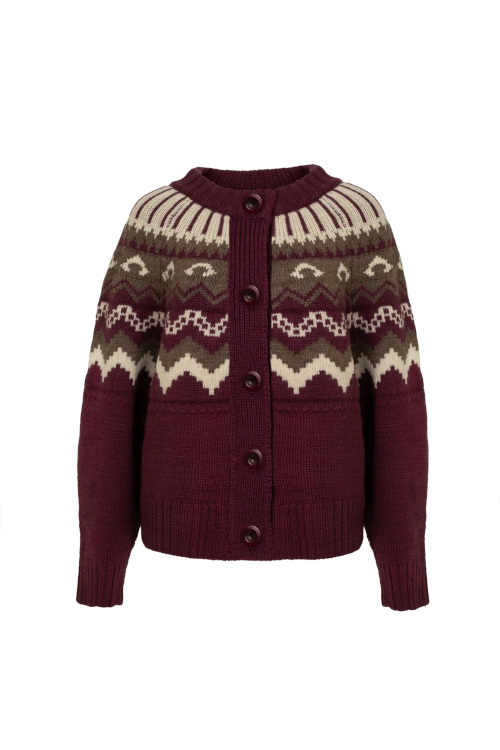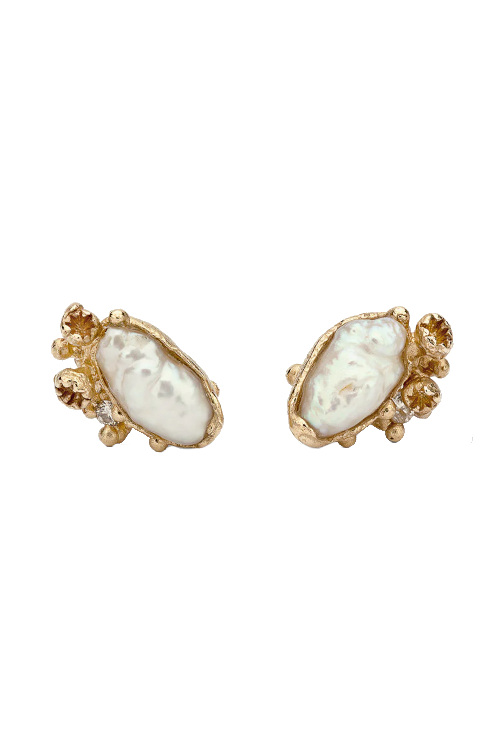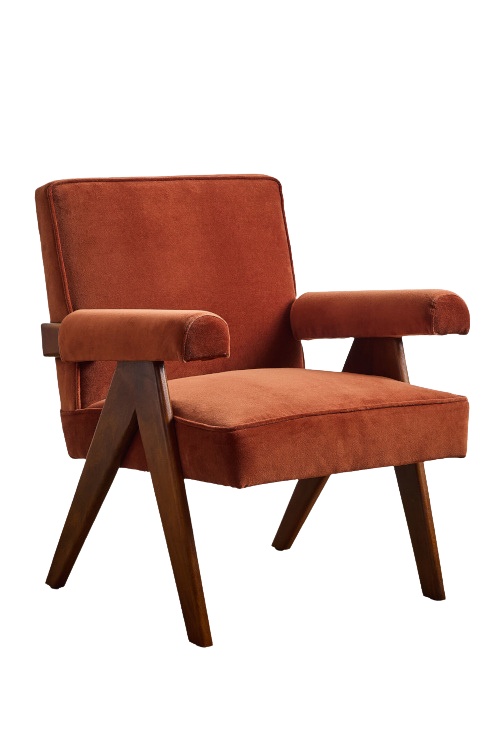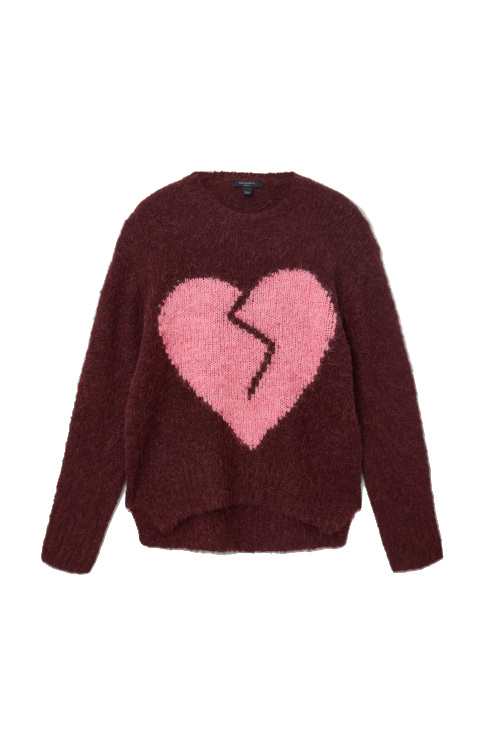Who Were the Winners of The Earthshot Prize 2022?
By
3 years ago
From a plastic alternative made out of seaweed to a female-focused conservation project for the Great Barrier Reef
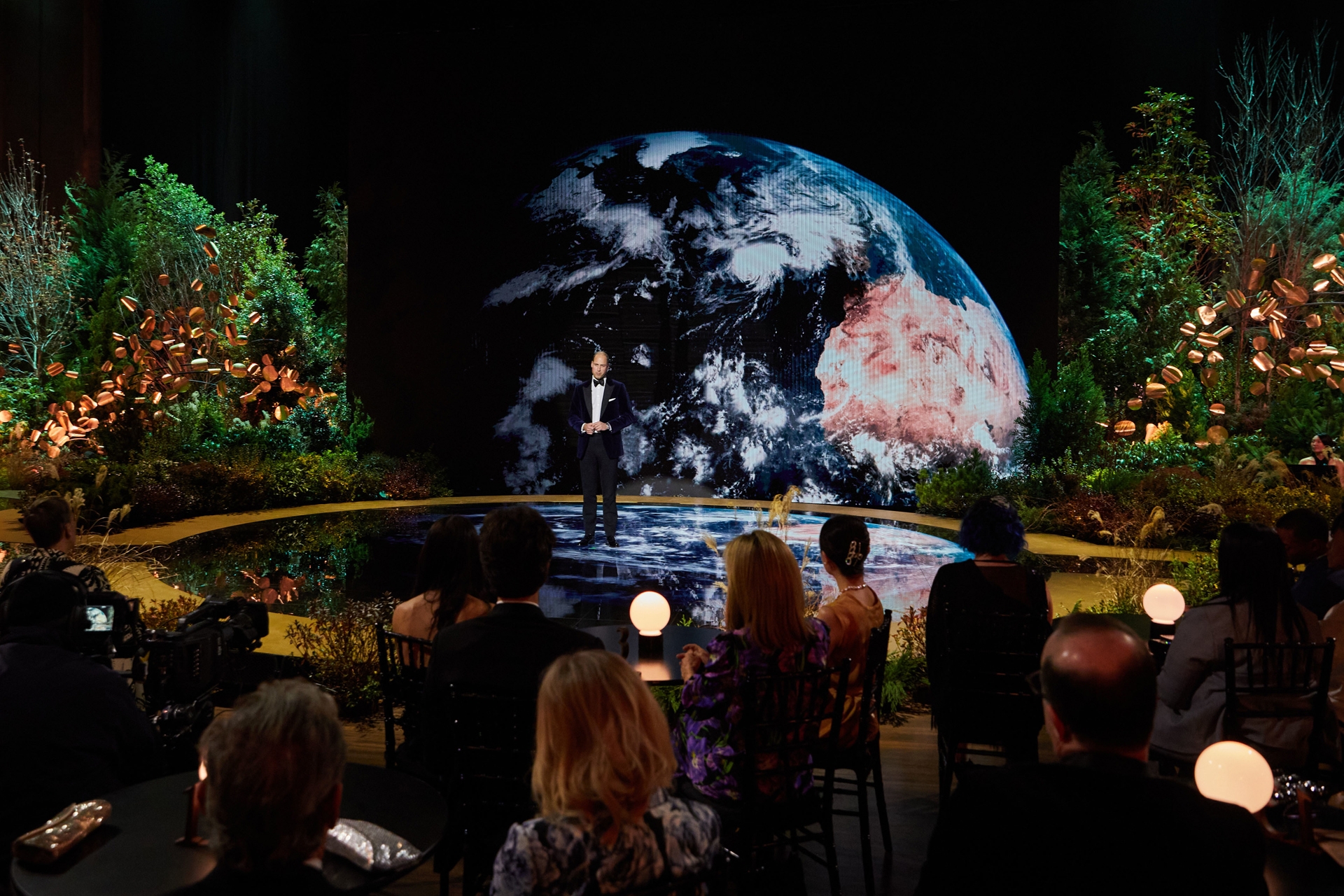
Launched in 2020 by Prince William, The Earthshot Prize is an initiative which spotlights innovators who are working to save our planet. The five winners for 2022 were revealed in a ceremony at the weekend, with each receiving £1m to develop their idea. So who came out tops?
Who Were the Winners of the 2022 Earthshot Prize?
- Mukuru Clean Stoves, Kenya
- Kheyti, India
- Indigenous Women of the Great Barrier Reef, Australia
- Notpla, United Kingdom
- 44.01, Oman
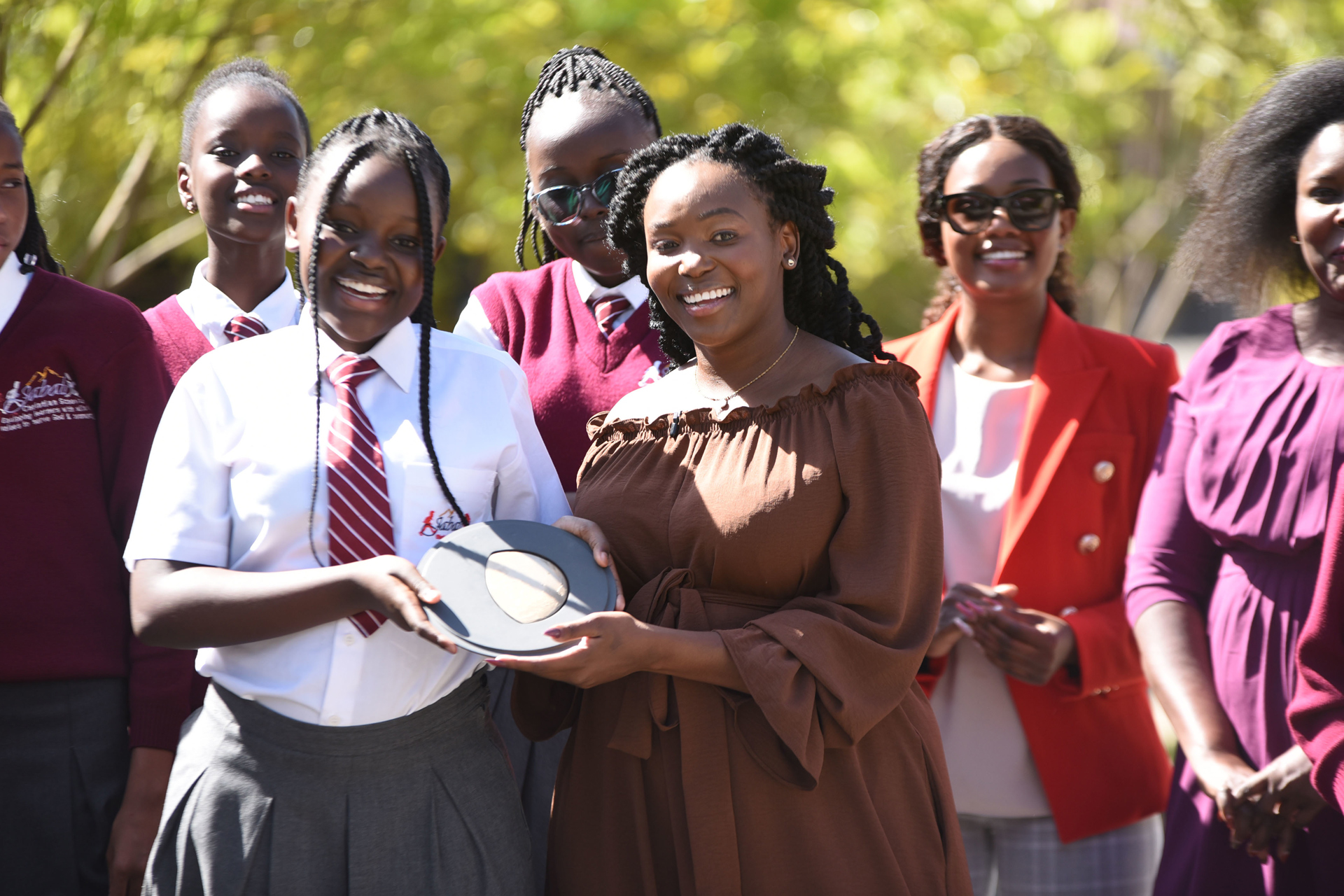
BBC Studios/The Earthshot Prize
Mukuru Clean Stoves
Category: Clean Our Air
In Africa, 700 million people rely on polluted charcoal for cooking, which emits harmful chemicals and can cause respiratory problems. That’s why Charlot Magayi, who grew up in Mukuru, one of the biggest slums in Nairobi, set out to find a solution – prompted by an incident where her daughter got severely burnt by a charcoal stove. In 2017, Charlot launched Mukuru Clean Stoves, which uses processed biomass from charcoal, wood and sugarcane instead of burning dangerous solid fuels. This emits 90 percent less pollution than cooking over an open fire, and 70 percent less than cooking over a traditional stove.
Nowadays Mukuru Clean Stoves is used by 200,000 people, saving $10 million in fuel costs – as well as saving lives. It’s also female-founded, with mostly female staff. The next step? Charlot plans to create an even cleaner stove that burns ethanol, plus grow her company to reach one million customers in the next three years. mukurustoves.org
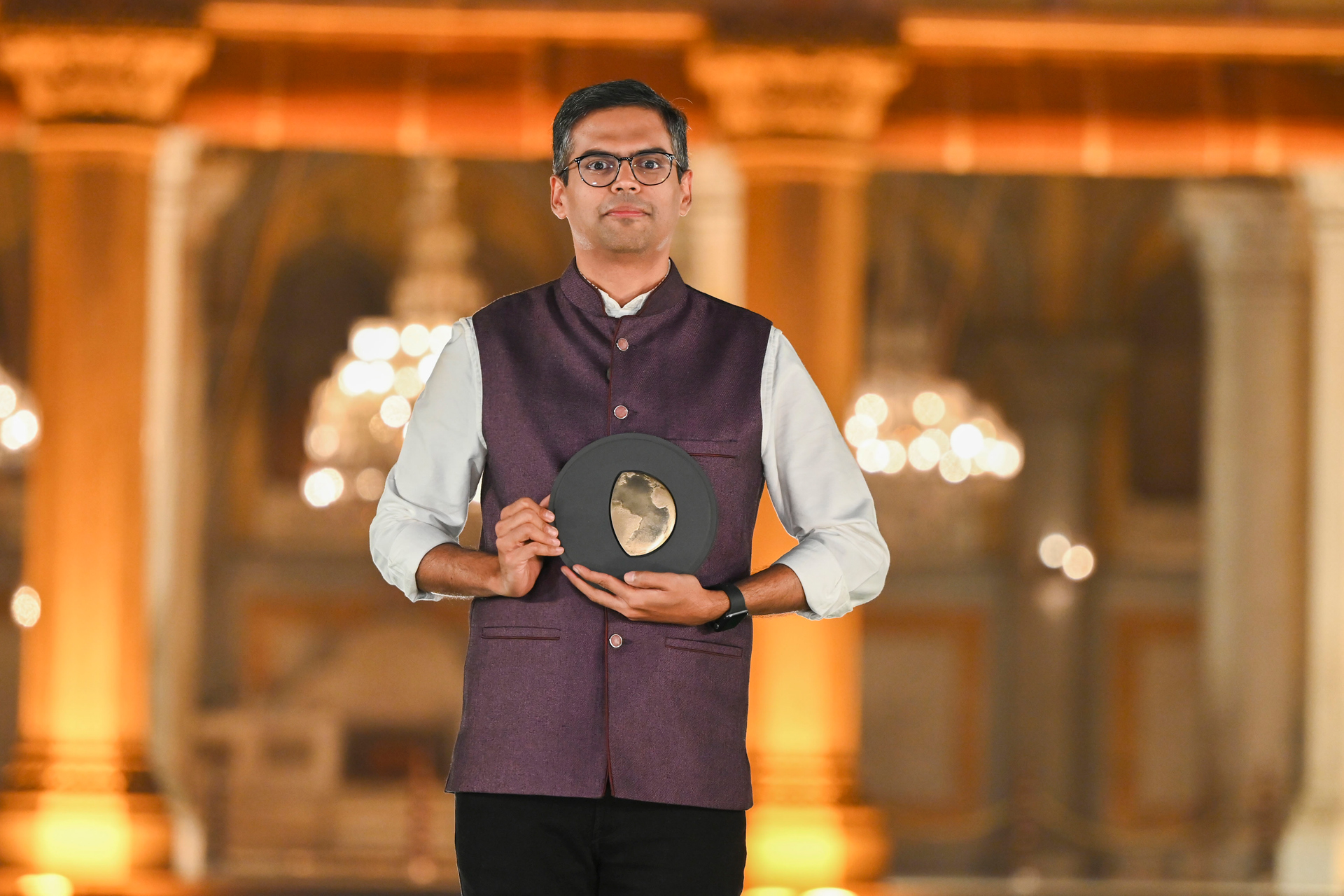
BBC Studios/The Earthshot Prize
Kheyti
Category: Protect and Restore Nature
A social enterprise based in the Indian city of Hyderabad, Kheyti works to help smallholder farms who are struggling with the effects of climate change. Rising temperatures are having a devastating impact on India – the country experienced its earliest heatwave on record this year – which is putting a huge strain on the agricultural sector. Kheyti aims to help with its ‘greenhouse in a box’ solution, designed to help protect farmers from unpredictable weather and destructive pests.
This offers a more environmentally friendly – and effective – way of growing: plants in the greenhouse require 98 percent less water than those outdoors and have far higher yields, plus it uses less pesticides. And, as the greenhouses are far cheaper than standard varieties, the scheme is helping farmers double their wages. So far, around 1,000 farms are using the greenhouses – and by 2027, the company hopes to reach 50,000 farmers. kheyti.com
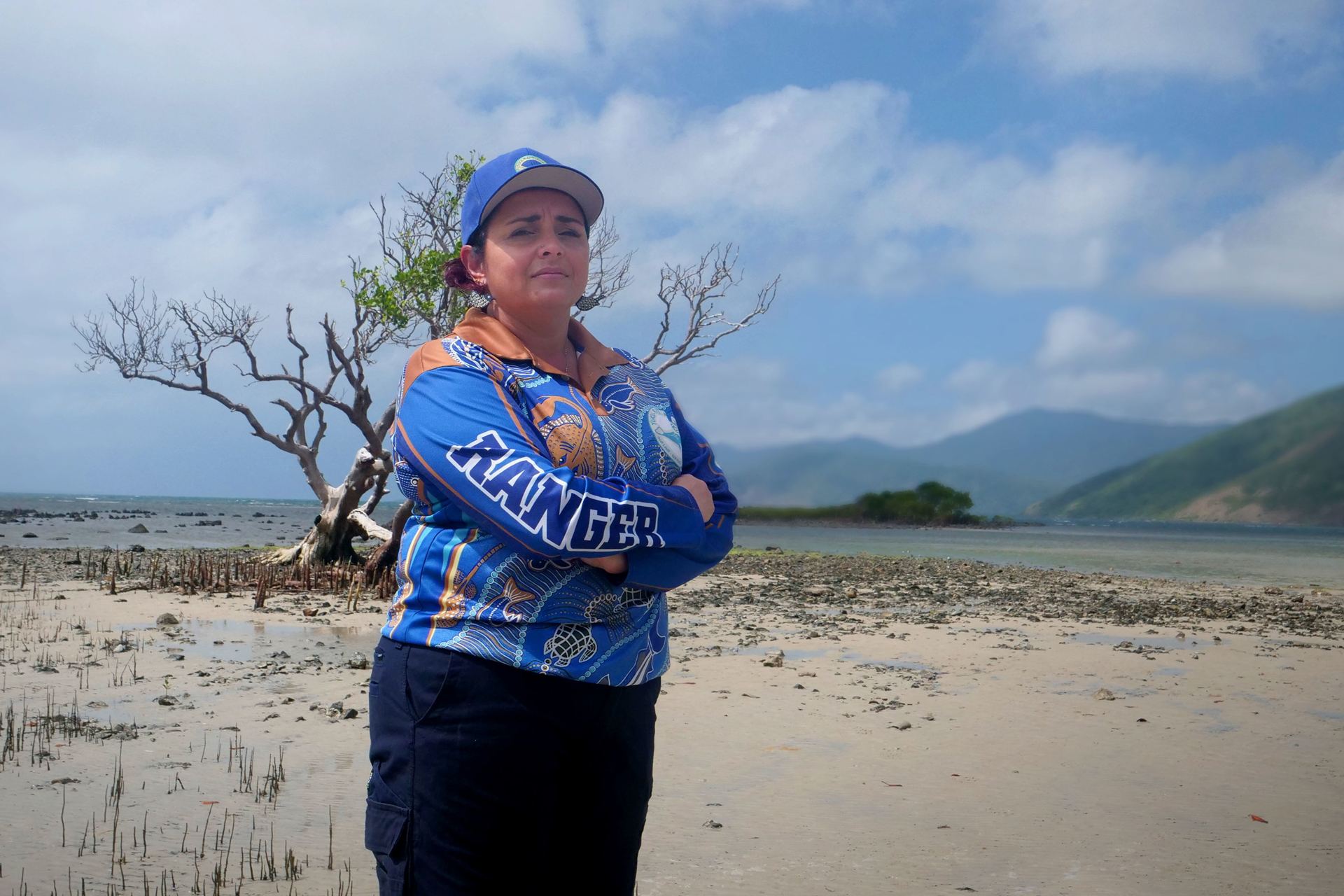
BBC Studios/The Earthshot Prize
Indigenous Women of the Great Barrier Reef
Category: Revive Our Oceans
This pioneering initiative is all about protecting the Great Barrier Reef, the world’s largest coral reef system on the north-east coast of Australia, which is being profoundly impacted by global warming. The Indigenous Women of the Great Barrier Reef (QIWRN) is a programme working to save it by training women in conservation skills, bringing together ancient knowledge with modern tools like drones to monitor coral changes and forest fires.
In Queensland, only 20 percent of indigenous rangers are women – but the QIWRN is on mission to get more women involved. So far, over 60 women have been trained, helping with vital data collection work and going on to find work as rangers both in Queensland and elsewhere.
‘This place has always been our home, but today we risk losing it and the unique culture that has existed here for millennia,’ said managing director Larissa Hale. ‘Our Women Rangers Network exists to protect our home and continue our traditions. We have made big first steps, but we have a long way still to go.’ qiwrn.com.au
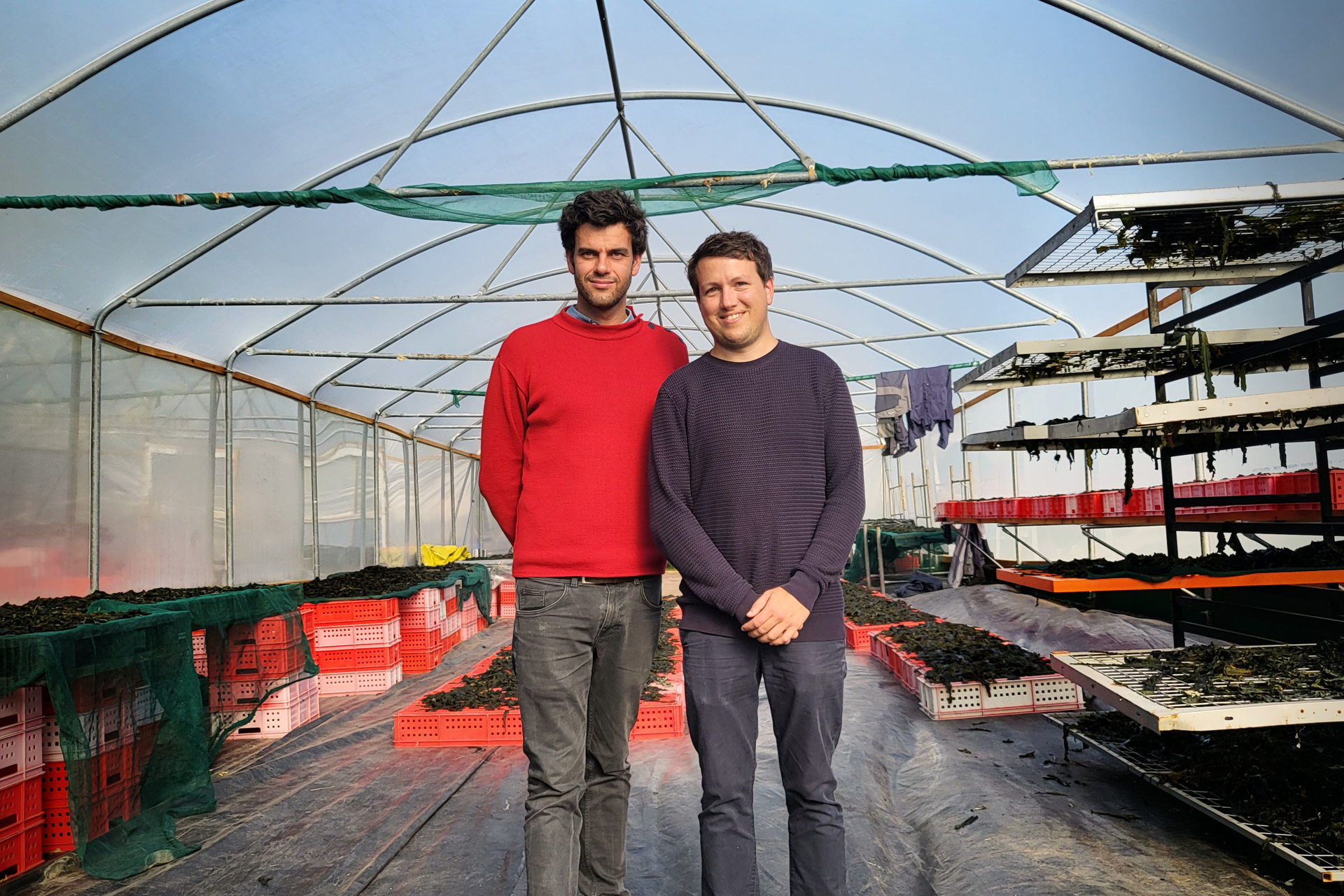
BBC Studios/The Earthshot Prize
Notpla
Category: Build a Waste-Free World
Could the answer to our plastic problem lie in our seas? Hackney-based startup Notpla thinks so. Founded in a student kitchen by university friends Pierre Paslier and Rodrigo Garcia in 2014, the business began by developing an edible bubble that could hold water called Ooho. In 2019 Notpla (an abbreviation of ‘not plastic’) was born, an alternative to plastic that’s made from seaweed and plants, and biodegrades naturally.
Notpla joined forces with Lucozade to replace single-use cups with Ooho at the London Marathon, and this year the company made more than a million takeaway boxes for Just Eat. In the future, it has the potential to replace over 100 million plastic-coated containers. notpla.com
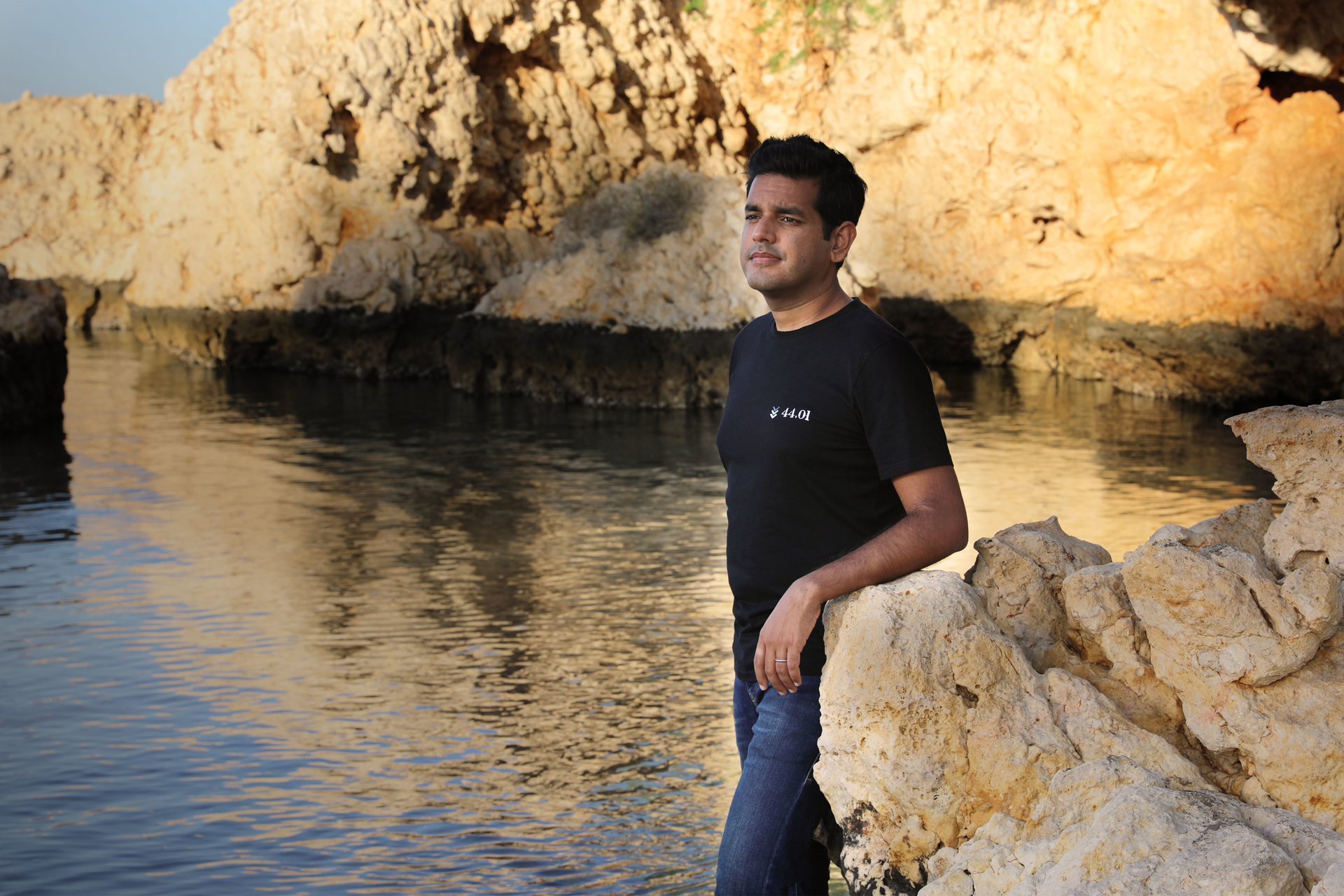
BBC Studios/The Earthshot Prize
44.01
Category: Fix Our Climate
In recent years it has become evident that cutting carbon emissions isn’t enough: we need to find ways to remove it from the atmosphere. Oman-based start-up 44.01 – named after the molecular weight of carbon dioxide – has done just this. Founded by Talal Hasan, the company sucks carbon from the atmosphere by mineralising it into peridotite, a rock found in abundance in Oman. Unlike carbon storage, this is a permanent solution, removing carbon dioxide forever.
Its first project in Oman will mineralise 1,000 metric tonnes of CO2 every year until 2024 – and in the future, 44.01 hopes to go international, with an aim to mineralise one billion tonnes by 2040. ‘The answers to the problems our planet faces can often be found in the natural world,’ said Talal. ‘At 44.01, we have found a natural process that removes carbon and we’ve accelerated it. We believe this process is replicable globally and can play a key role in helping our planet to heal.’ 4401.earth
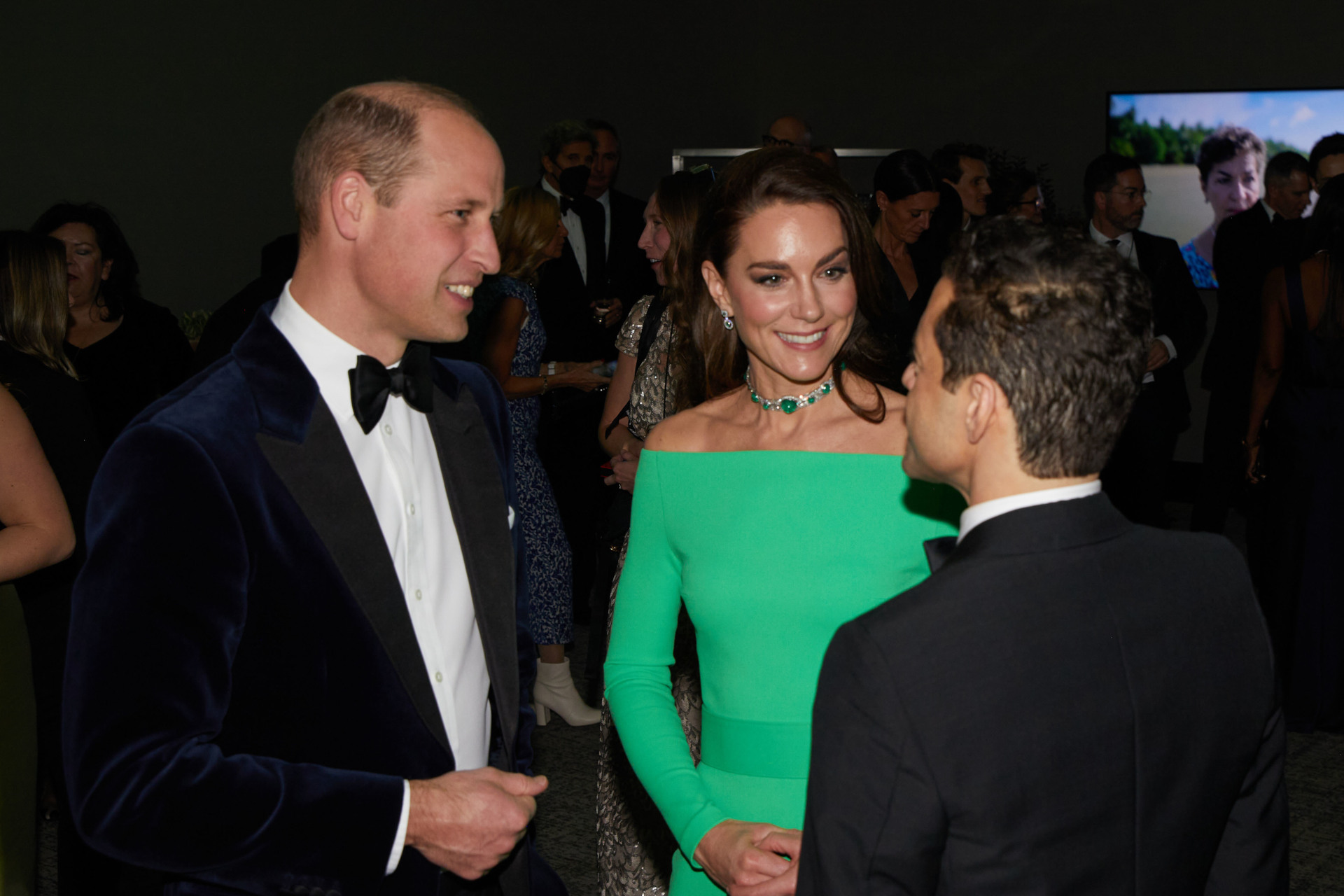
(c) BBC/The Earthshot Prize/Pip Cowley (Photographer: Pip Cowley / Image copyright: The Earthshot)
What is The Earthshot Prize?
Prince William founded The Earthshot Prize alongside David Attenborough, in partnership with charity the Royal Foundation, with the aim of finding ways to combat seemingly unmanageable problems surrounding climate change. The name came from US President John F. Kennedy’s ‘Moonshot’ programme in 1961, which set out to put a person on the moon by the end of the decade.
Each year until 2030, five £1 million prizes will be given to help fund environmental projects. The 2022 awards ceremony took place in Boston, hosted by Prince William. ‘I believe that the Earthshot solutions you have seen this evening prove we can overcome our planet’s greatest challenges,’ he said. ‘By supporting and scaling them we can change our future.’


